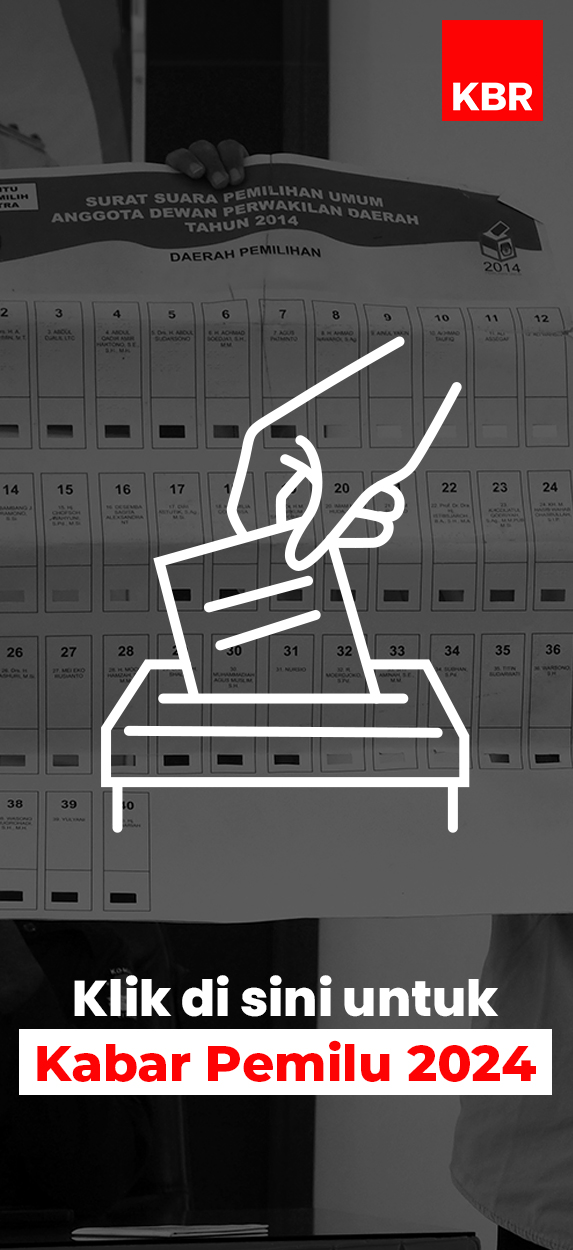Kachin state in Northern Burma has been the scene of bloody fighting between Kachin rebels and the Burmese army since a 17-year ceasefire broke down in June 2011.
Over the last week the conflict has intensified.
The Burmese army has admitted using fighter jets to attack rebel soldiers but maintains that it is only acting in self-defence.
Over 75,000 civilians have been displaced and numerous attempts at peace-talks have failed.
Hundreds of Burmese people gathered in Rangoon to publicly show their support for the Kachin people trapped in the fighting.
Buddhist monks recite Buddha’s teachings about love, while hundreds of others listen in silence.
It’s a rare protest for peace held in Rangoon, Burma.
The protesters are holding signs that read “No More War in the New Year” and “A New Year for Peace”.
Religious groups, civil societies, former political prisoners and student unions gather in Rangoon to demand that the government stops the air strikes against the Kachin rebels.
Kachin state, a rugged region close to the Chinese border, is an area rich in natural resources such as jade and teak.
But it’s marred by a bloody battle between Kachin rebels and the Burmese army.
The Kachin Independence Army (KIA) is fighting for greater autonomy and ethnic rights. They insist they want a genuine political solution.
But the conflict has escalated over the past two years.
Having previously denied reports of air attacks, the Burmese army recently acknowledged it used fighter jets to attack the rebels.
No casualties were reported but the 15 thousand refugees in the area are scared.
La Rip is from the Relief Action Network for Internally Displaced Persons and Refugee.
“They are very frightened and they don’t know where to go – except China and we don’t see any welcoming sign from them. People are even making the crossing without any assurances from them, because the gunshots are very close to the IDP camps.”
A total of 75 thousand people live in camps near the border with China.
Around 300 villagers have fled to Kutki in neighbouring Shan state to escape the fighting.
“We ended up here because in our region, Nahkam, the government and the jungle-dwelling KIA have been fighting each other and after hearing on the radio about what happened in other areas we were scared that the same thing might happen to us, so we fled to here.”
May Sabai Phyu is from the Kachin Peace Network, a group advocating for political diaologue to resolve the conflict. She’s the organiser of the Rangoon protest.
“We are here today to make peace; no war and justice in 2013; for all children, women, mothers and old people who live in the IDP camps.”
Burmese President Thein Sein has instructed the Army not to conduct any military operations against ethnic rebels.
But video footage of military aircraft on social media sites shows the contrary – they are targeting KIA-controlled areas.
Speaking in front of the large crowd is Zing Mar Aung, a Burmese activist who recently received the International Women of Courage
Award from the United States.
“The only thing we can do for these people is to stand and speak for them in the media, but we are still unable to stop this war. The main problem is the constitution. We don’t know why the war has not ended, even the president ordered an end to the military operation.”
The escalation in the conflict has raised doubts about the government’s reformist credentials.
Aung Myo Min is the director of Human Rights Education.
“In the Universal Declaration of Human Rights, Article 3 says that all human beings have the right to live and to feel secure. The chief of the Burmese Human Rights Commission said that he was very proud that Burma was the first country to sign the Declaration at the United Nations. But for me, I am saddened by the deterioration of the human rights situation in the first country to sign the Declaration.”
The opposition party, the National League for Democracy, continues to call for peace negotiations.
The NLD’s Suu Kyi says she will wait for an official invitation from the government.
Naw Susana, President of the Karen Ethnic Women Network, promises to continue the fight.
“We won’t stop campaigning for peace, in 2013, by approaching both the government and the KIA. If they still don’t stop the war, we will go to the battle ground between them and prevent them from shooting each other.”







